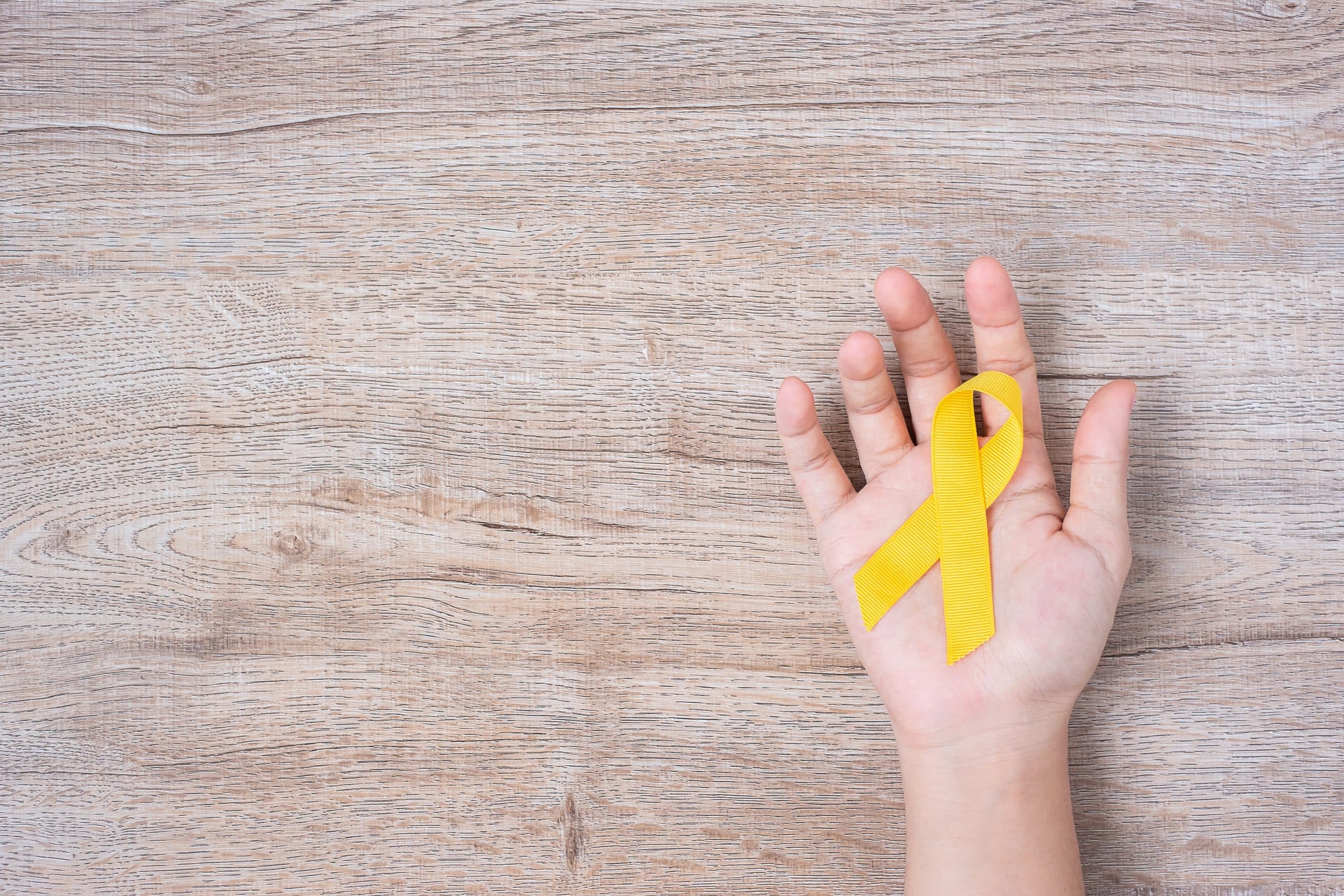Queer – a word as uniting as it is divisive. In our modern age, queer has been adopted as a catch-all phrase for anyone who identifies as LGBT+, as well as “those whose identities fall in between, outside of or stretch beyond those categories, including genderqueer people, intersex people, asexual people, pansexual people, polyamorous people and those questioning their sexuality or gender.” Queer may be more widely accepted now for this reason, but it wasn’t always like this.
Historical Roots of Current Slurs
The term queer has a sordid, and quite frankly painful, past. The first time the word appeared to describe an LGBT+ person was in 1894, when the Marquis of Queensbury referred to the poet Oscar Wilde and other gay or bisexual men at the time as “snob queers.” However, the pejorative queer wasn’t adopted into the common lexicon until around 1914. Reclamation of the term didn’t start occurring until the 1980’s, which was made complicated by the AIDS crisis, and has only recently become generally acceptable in greater society. Make no mistake, though – queer is still a slur in many places, and many people still find it hurtful to be called one.
Queer does not stand alone as a self-identifying term that was once a slur. Take, for example, the word gay. Seemingly innocuous now, gay also has a history. Though it began as a way to denote that a person was happy, in the 1600’s, gay shifted to denote sexual impropriety. The meaning carried all the way through to the late 1990’s, where it morphed to also mean something “dumb” or “unmasculine.” Yet most people in the LGBT+ community now consider this an acceptable term. Another example is the word homosexual. In the first two editions of its Diagnostic and Statistics Manual (DSM), the American Psychiatric Association (APA) considered “homosexuality” a diagnosable mental illness.
Generational Divides
Another important note is that many people still use pejoratives they reclaimed in the past, even if those terms are currently out of style or considered offensive. Older transgender people may still refer to themselves as “transsexual,” even if the term is considered defunct by the greater – often younger – community. People may still call themselves “faggots” or “dykes,” despite the fact that these terms are still widely considered slurs. The LGBT+ community is not a monolith when it comes to identifiers.
In recent years, different individuals and factions within the LGBT+ community have clashed over the possible reclamation of queer. Many in the younger generations associate the word queer with inclusion. They feel it helps represent all sides of their gender, gender presentation, and sexuality with one succinct word. For others, the word queer is a revolutionary statement. It can feel inclusive to people typically left out of the LGBT+ acronym. For example, it can provide options to people whose cultures may use other words, like the various Two-Spirit identities of some Indigenous American peoples. Others feel as Jonathan Walford does. He shared with the New York Times his opinion that using the term queer to unify the community was an afront to the elder members of the LGBT+ community, and the work they did to usher forth gay liberation. Other members of the community liken queer to the N-word, in terms of how offensive it is to them. It’s easy to see why some people find themselves endlessly lost in the “queer” debate.
So, “what IS the deal with queer?” This word has a complicated history and no less complex present life. It is currently as painful a term for some as it is edifying for others. Because our mental health is impacted by the words we use, we need to choose our words carefully. Hopefully, understanding and remembering that queer is a complicated word can help us bring patience, curiosity, and openness into the spaces where we discuss it.
For further information about the historical roots and current debate surrounding the use of “queer,” check these sites and stories:
ABC News Network. (2013). Gay man says millennial term “queer” is like the “n” word. ABC News. https://abcnews.go.com/Health/gay-man-millennial-term-queer-word/story?id=20855582
Clarke, M. (2021, March 3). “Queer” history: A history of queer. The National Archives blog. https://blog.nationalarchives.gov.uk/queer-history-a-history-of-queer/
Collins, C. (2019). Is queer OK to say? Here’s why we use it. Learning for Justice. https://www.learningforjustice.org/magazine/is-queer-ok-to-say-heres-why-we-use-it
Drescher, J. (2015, December 4). Out of DSM: Depathologizing homosexuality. Behavioral sciences. https://www.ncbi.nlm.nih.gov/pmc/articles/PMC4695779/
Michelson, N. (2016, February 3). Here’s why Huffpost Gay Voices just changed its name to Huffpost Queer Voices. HuffPost. https://www.huffpost.com/entry/huffpost-gay-voices-changed-name-huffpost-queer-voices_n_56a78f78e4b0172c659422f9
The history and impact of Anti-LGBT slurs. Anti Defamation League. (2018). https://www.adl.org/sites/default/files/cc-unheard-voices-l2-grades-6-and-up.pdf
The New York Times. (2022, November 13). Using the word “queer” instead of “gay.” The New York Times. https://www.nytimes.com/2022/11/13/opinion/letters/lgbt-gay-queer.html
If you or someone you care about identifies as LGBTQIA+ and needs mental health support, please consider contacting one of these resources:
The Trevor Project: https://www.thetrevorproject.org/
LGBT National Help Center: https://www.lgbthotline.org/
Trans Lifeline: https://translifeline.org/hotline/
Peer Support Space [new https://peersupportspace.org/] and PSS Daily Gatherings https://peersupportspace.org/daily-gatherings



